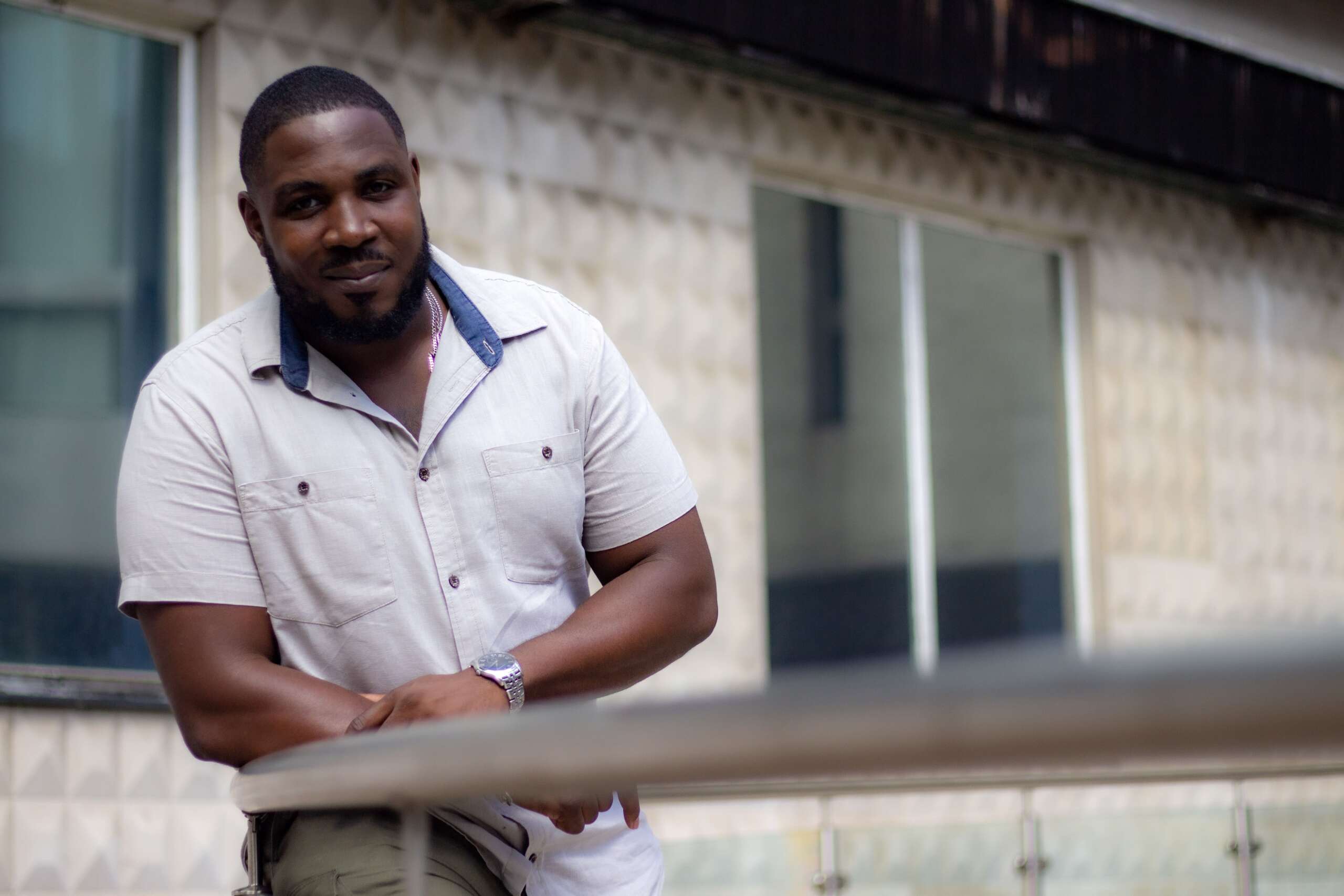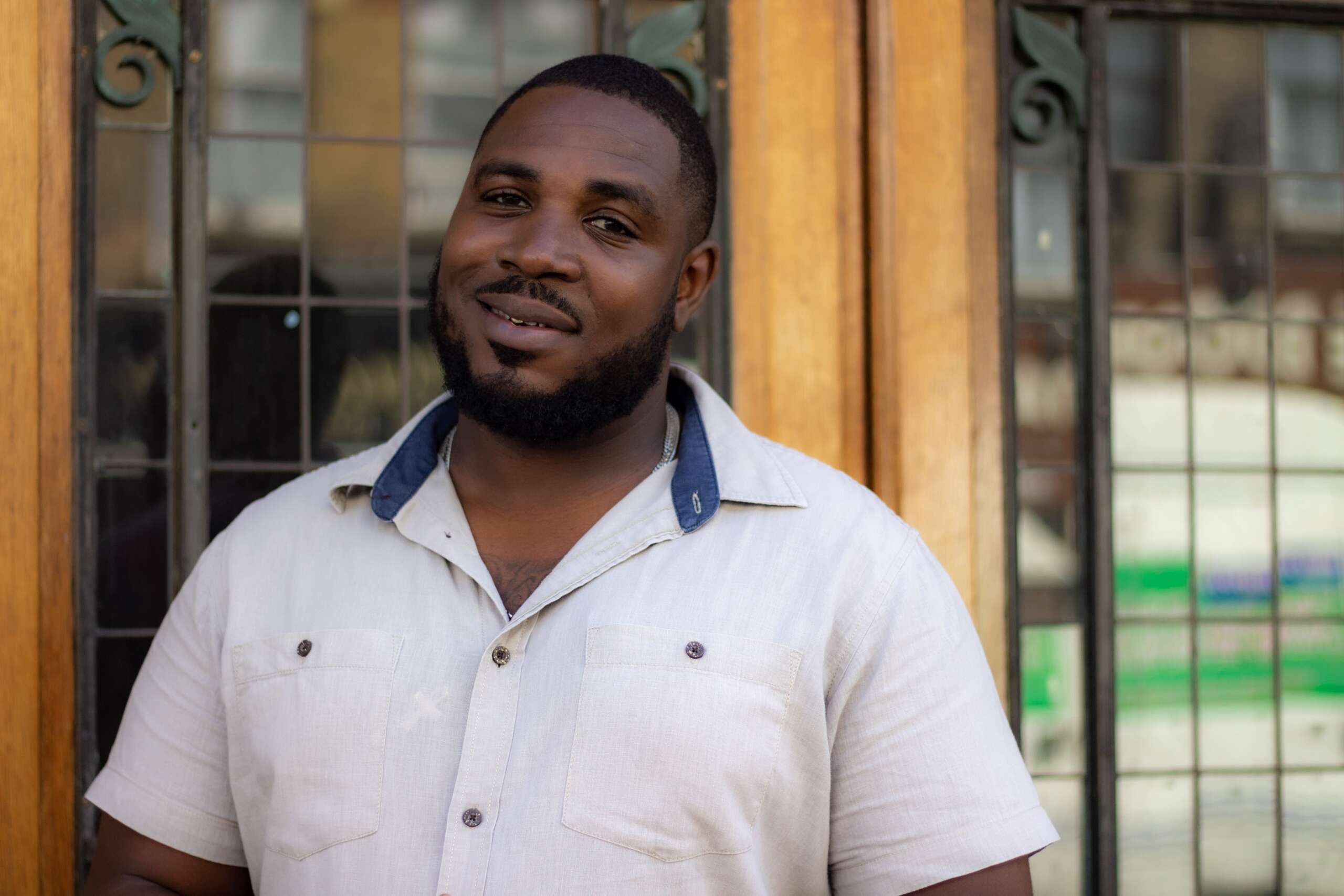In all of my 20 years of working in early years, I’ve never seen the sector in the condition it’s currently in.
- We continue to be overlooked by the government and not respected as a fundamental part of the education sector.
- We are having a global recruitment crisis and we are struggling with retaining any staff we have left.
- People are falling out of love with the role. Newly qualified level 3s and Early Years degree staff are findings other career paths. This is making finding level 3 and above qualified staff a hard task.
Early Year’s professionals always ask me:
- What can we do?
- How can we make people stay in our sector and join our workforce?
- How can we make the wider community respect us and our profession?!
My answer:
There is no one answer or solution, but a start would be; leadership teams need to create an environment of respect, honesty, and flexibility.
An environment where employees don’t come to work just to earn an income but because they enjoy their job, and they feel a valued member of the team.
Empowering Early Years Education
So, during the TTS Empowering Early Years Education panel discussion, it was my responsibility to be the voice of these professionals. The unheard and unseen army of the sector; EY educators, teachers, childminders, apprentices, etc.
As a consultant and an Early Years educator, I have the privilege of not only helping to shape policy, advising, and working with leadership teams, but I’m also blessed with working on the floor as a room lead.
This enables me to have a broader scope/view and understanding of how things are structured on the floor and how people are feeling.
So, leaders and colleagues let’s reflect…
How do we empower our workforce? How do we empower ourselves?
My advice to my colleagues on the ground:
- Speak up about the changes or improvements you would like to see within your setting. Speak up about injustice and inequalities. Not just to catch someone out but to safeguard the children, their families, your colleagues, and yourself.
- Create an environment built on respect. If we respect and value each other, the way we work and interact with each other changes. We will select our battles and not bicker and fight over trivial matters. Also, we create a culture of trust and openness.
- Share good practice with your colleagues, leadership teams, and families. Create an environment of giving and sharing. This will filter down to children and their families. Remember we are the children’s role models, but we also influence each other.
- Be proud of your achievements/accomplishments. Have a sense of pride and joy when you complete a task, course, or meet a milestone. Your accomplishments should be celebrated.
- Show gratitude to your leadership and management especially when they go above and beyond to support you.
My advice to my colleagues in leadership:
- Listen to your employees take on board their suggestions and make sure that they feel heard.
- Praise your staff and their achievements. They work so hard doing their day-to-day duties; their accomplishments should be acknowledged and celebrated.
- Create opportunities for your employees to step up in their careers and implement pay rise rates that make sense.
- Invite people into your setting that don’t necessarily come from the local demographic to create unique experiences that help to shape your staff’s practice, perception, and pedagogy.
- Show gratitude to your staff that go above and beyond in their role.
For change to happen in the Early Year’s sector we need to work in unison. Different views have different approaches, but we all love and care about the children that we work with, and we want to see them thrive.
Let’s build bridges, lay foundations and create open minds.

Article written by Jamel Carly Campbell
Jamel is an Early Years Educator, Consultant and Children’s Author. He has worked in the sector for over 18 years. Although Early years is his specialty, Jamel has also worked in youth clubs, and schools, closely supporting children with SEND.




